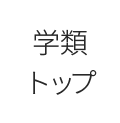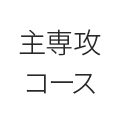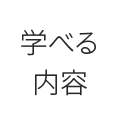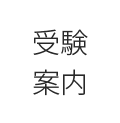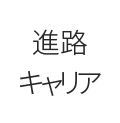日本語学コースとは?
日本語についてどれだけ知っていますか?
私たちは、当たり前のように、日本語を話したり、読んだりしています。でも、日本語について、実際にどのくらい知っているのでしょうか? 外国の人に、「女っぽい」と「女らしい」は意味がどう違うのかとか、「京都まで行く/京都に行く/京都へ行く」はどう使い分けるのかなどと聞かれても、なかなか説明することができないでしょう。古文を読んで、昔の日本語は、現在の日本語とずいぶん違うようだと感じていても、それがどのように今の日本語の姿になったのかについては、ほとんど知らないのではないでしょうか。
日本語学では、万葉集や源氏物語といった昔の文学作品の日本語から、今行われている日常の会話まで、すべての日本語が研究対象になります。どんな音で話されるか、どんなきまりに従って文は作られるのか、どう書かれているのか、語の意味はどう変化しているのかなど、さまざまな方面から考えて行きます。なにより、言葉について、ちょっと気にかけてみる、どうしてなのだろうと自分自身で考えてみるといったところから、日本語学が始まります。
授業科目の一例
- 日本語学概論
- 日本語音韻論
- 日本語文法論
- 日本語史
- 日本語学講読
- 日本語学演習
授業紹介
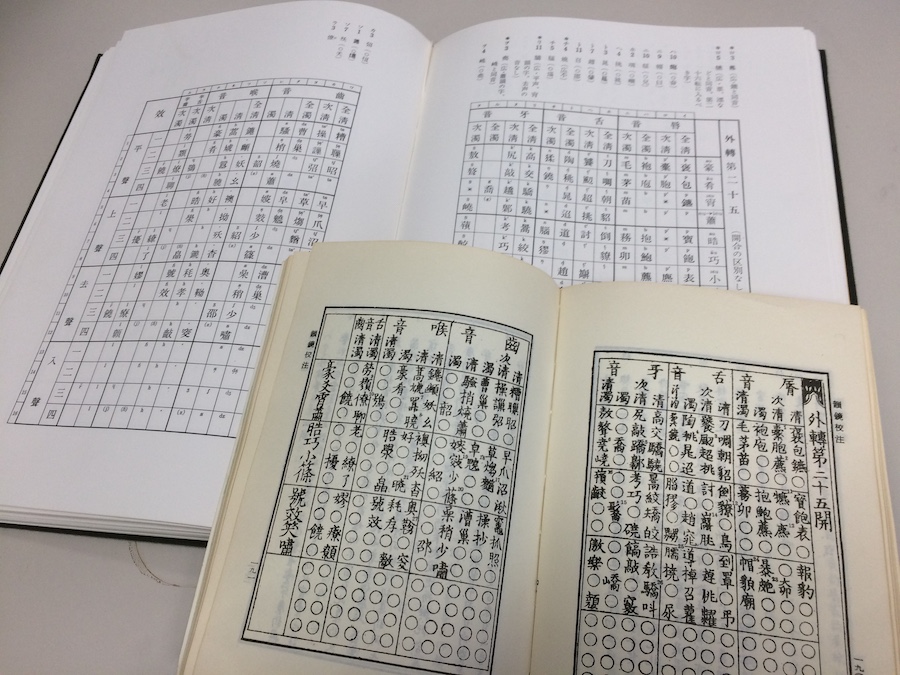
- 日本語学概論はどんな授業?
- 日本語の社会的側面のうち、「話者人口」「公用語問題」「待遇表現(敬語)」「表記」「方言」等を中心に扱います。データに基づいて概観を行うわけですが、概観をつかむための一つ一つのデータを取ることがいかに貴重で大変かということを感じ取っていただければと思います。
先輩たちの卒業論文
- 付属語アクセントの中和現象について
- 学校教科書に出現する論理展開語と辞書記述
- 副詞「ゼッタイニ」の機能について
- 「非動作性名詞+スル」構文を許容する非動作性名詞について
- 文法的側面から見る日本語慣用句の慣用性について
- 文末で用いられる助詞「し」の用法
- 大阪方言話者への印象に及ぼす聞き手の出身地と性別の影響
- 会津地方のオノマトペについて
- 『源氏物語』の擬態語による人物描写
- 近世上方語における複数接尾語 -「タチ」「ドモ」を中心に-
所属教員紹介
| 教員名 | 職階 | メッセージ | |
|---|---|---|---|
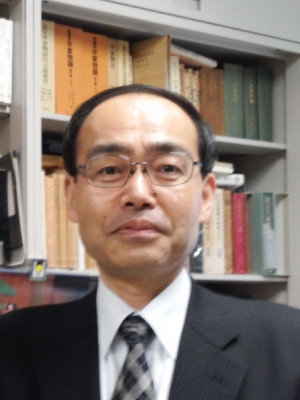
|
大倉 浩Hiroshi Okura | 教授 | |
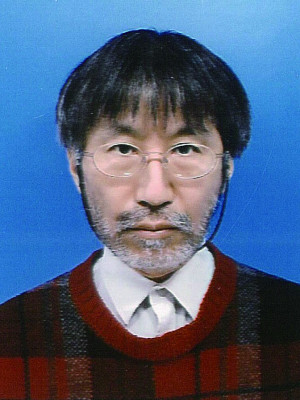
|
橋本 修Osamu Hashimoto | 教授 | |
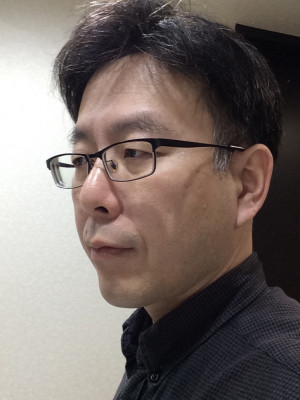
|
那須 昭夫Akio Nasu | 准教授 | |
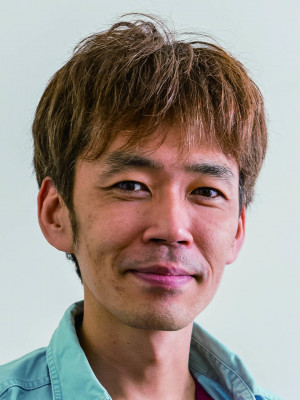
|
和氣 愛仁Toshihito WAKI | 准教授 | |
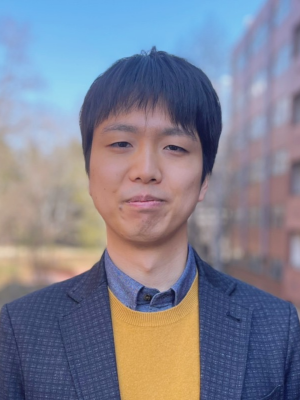
|
菅野 倫匡Michimasa Kanno | 助教 | |
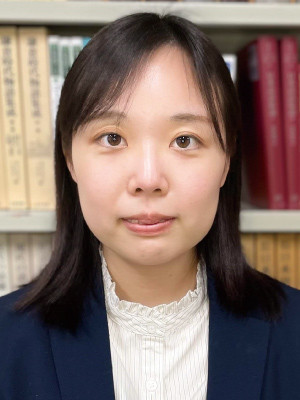
|
菊池 そのみSonomi Kikuchi | 助教 |
コースの声
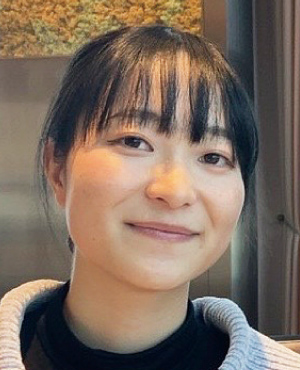
卒業生鈴木 あすか
日本語なんて私たちが赤ちゃんの頃から話しているし、これ以上学ぶことなんてある?これは日本語学という言葉を初めて聞いた友人の感想です。ちなみに、答えは当然「ある」です!例えばどんな謎があるでしょう?少し例をあげてみます。
「古代の日本語は話し言葉として今も残ってるの?!」「昔の犬の鳴き声は『ワンワン』ではなかった?!」「タバコと同じように菊も外来語なの?!」「関西弁のアクセントには規則性があるの?!」
答えを知っているものはあったでしょうか。わからなかった人も安心してください。これらの謎は全て日本語学の授業で答えがわかります。このように、私たちがよく知っているようで知らない謎が日本語にはたくさん潜んでいます。そして、日本語の中に隠れた謎を自分で探り、解き明かすのが日本語学です。
もちろん、日本語学コースを卒業した私でも、入学した時から日本語の謎を見つけて研究をしていた訳ではありません。個性あふれる先生方が講義される日本語学の授業を受けていく中で、謎を発見していきました。
そして、日本語学コースを卒業した私は、現在公立の高校で国語の教員をしています。日本語学から学んだ日本語の面白さを生徒に伝えたいと思ったからです。生まれた時から身近で、日本の生活になくてはならない日本語だからこそ、将来役立てる方法は無限大です。自分が解明した日本語の謎が将来どのように役立つかまで考えさせてくれるのも、日本語学コースをおすすめするポイントの一つです。気になった人はぜひ日本語学コースで学んでみてください。
About the Japanese Language Studies Course
How much do you know about the Japanese Language?
Japanese people speak Japanese every day as though it were the most natural thing in the world. But how much do you actually know about Japanese?
For example, if a foreigner asks you, "What is the difference between 'onna-poi' versus 'onna-rashi', or how to distinguish between 'Tokyo made iku/Tokyo ni iku/Tokyo he iku", you may not be able to explain these well. You may read ancient texts and feel that Old Japanese is quite different from Modern Japanese, but you probably know very little about how the language came to be the Japanese we know today.
In Japanese Language Studies , all aspects of Japanese are subject to study, from the language in ancient literary works such as the Manyoshu and the Tale of Genji to the everyday conversation of today. We will think about Japanese from a variety of aspects, such as what sounds are used to speak, what kinds of sentences can be made according to what rules, how to write the language, and how the meaning of words changes. Most of all, your study of the Japanese Language Studies starts when you begin paying attention to the language itself and asking yourself why things are as they are.
Example of Subjects
- Introduction to Japanese Language Studies
- Japanese Phonology
- Japanese Grammar Theory
- History of the Japanese Language
- Japanese Language Studies Reading
- Japanese Language Studies Seminar

- What Kind of Class is Japanese Language Studies Reading I-a?
- We will trace the history of Japanese performing arts using video, focus on a form of comedy called Kyogen developed in the Middle Ages, and use the scripts of these plays to examine medieval and early modern Japanese. To prepare for handling the original sources, we will learn how to read variant forms of kana and read copies of books printed during the Edo period in class. We will also tour the University library, which has a wealth of precious books.
Senior Graduation Thesis
- Reconsidering the "Undulation" of Accents in Even-Pitched Adjectives
- Loanword Accent in the Tsugaru Dialect
- The Meaning and Usage of the Suffix "Poi"
- A Study on the Attributive Clause Marker "Na" in Modern Japanese
- Research on Fluctuations in Loanword Notation Using Online Searches
- The Relationship Between Adjectives and Linked Forms in the Heian Period
- A Study on New Uses of the Phrase "Gyaku Ni"
- Function Words in Child Student Compositions
Faculty Members
| 教員名 | 職階 | メッセージ | |
|---|---|---|---|

|
大倉 浩Hiroshi Okura | 教授 | |

|
橋本 修Osamu Hashimoto | 教授 | |

|
那須 昭夫Akio Nasu | 准教授 | |

|
和氣 愛仁Toshihito WAKI | 准教授 | |

|
菅野 倫匡Michimasa Kanno | 助教 | |

|
菊池 そのみSonomi Kikuchi | 助教 |
Student Voices
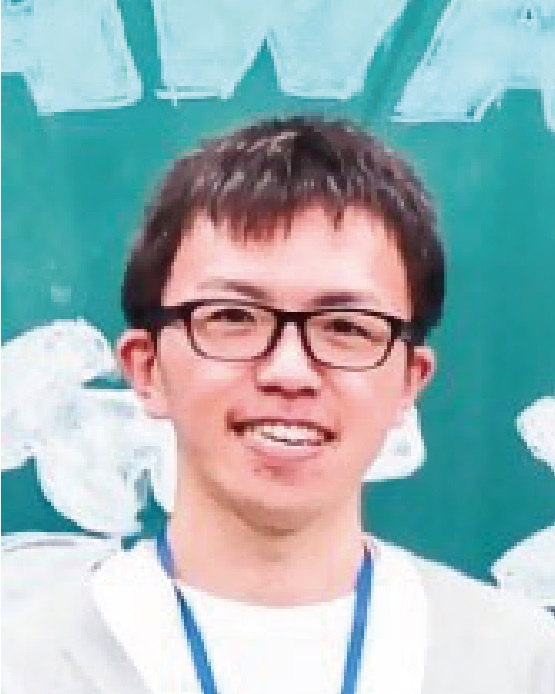
GraduateSatomi Tsuruoka
The reason I chose Humanities in the first place was because I wanted to learn a variety of languages at university. Yet despite this, why did I ultimately choose the Japanese Language course? That is because, while I thought I knew Japanese, the truth is that there were many things about the language that I didn't understand.
In the Japanese Language Studies course, students study Japanese, a language they are familiar with as their mother tongue, as just one of many languages, examining it through a new lens.
Although we use the umbrella term Japanese Language Studies, there are a diverse range of study subjects and approaches. Some people may research the meaning contained in case markers, while others may be interested in how honorifics are used. Some may choose to study the Japanese appearing in classic literature rather the only Modern Japanese. I became interested in the laws governing the "sounds" of Japanese while taking the classes offered in both Japanese Language Studies and other courses. In my graduation thesis, I explored the rules on arranging sounds in Japanese by taking surveys and using a collection of actual linguistic data called a corpus (in my case, I focused on spoken language).
The classes offered in this course are not only lectures on Japanese grammar, phonology, and history, but include readings and seminars to practice the research methods learned. In these classes, students stimulate one another and receive detailed advice from professors. Come explore the mystery of the language we use everyday without thinking during your four years at university.
